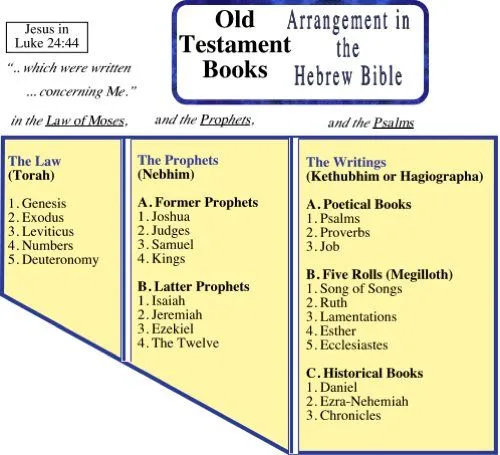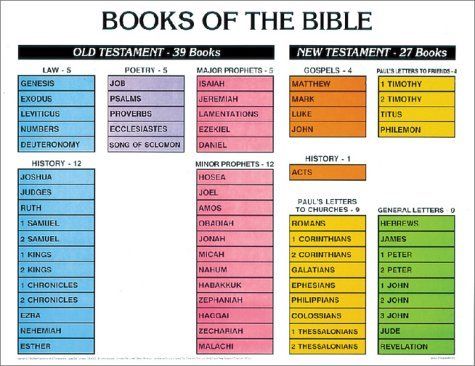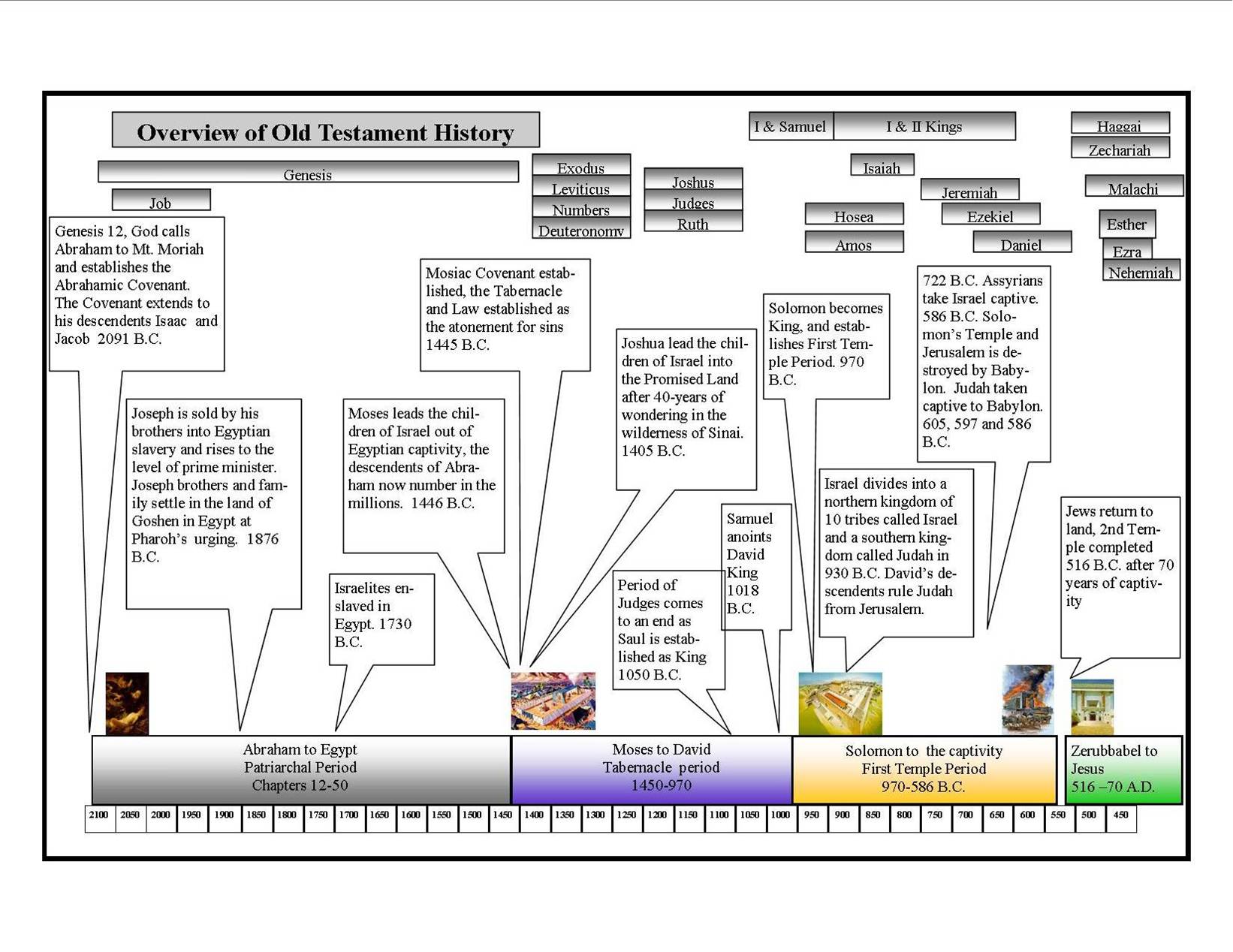In Christianity the name for the Hebrew Bible is Old Testament, in Judaism one of the names is Tanach. Many think these are interchangeable, but they’re very different concepts.
Names
Let’s start with the obvious. Old Testament presumes there’s a New Testament that’s equally valid and supercedes the old one (Lewis Black has a very funny video on this). This lets Christians talk about the harshness of the “old covenant”, ignoring that many latter books from the Hebrew Bible are no more harsh than the New Testament. Talking about the “brutality of the Old Testament” is like talking about the “brutality of English Literature”. There’s no such beast — just many diverse works. The Hebrew Bible’s a collection spanning a longer period than all of English.
Tanach is an acronym that stands for Torah (Genesis to Deuteronomy), Prophets (Joshua, Isaiah etc) and Writings (Psalms, Job etc). This is very different branding to Christianity: the name itself says “I am a complete, coherent work and therefore preclude any other”. Especially since the number 3 has strong connotations of completeness in our ape-brains. But this might be familiar. I think the real difference is book order.

Book Order
The Tanach book order shows a specific view of history. The Jews arrive on the scene and conquer Israel (Genesis to Judges). They have a Golden Age, fall into sin, have their kingdom split and are eventually exiled (Samuel and Kings). There’s soul-searching by prophets who’ve kept nagging for their nation to suck less. Also promises of redemption, and (of course!) vengeance on Israel’s oppressors (Isaiah to Malachi). Then comes the chronicling of an extensive culture from the Golden Age or the exile (Psalms to Daniel). Then, hopes for the future as some return to Jerusalem (Ezra and Nehemiah). Finally there’s Chronicles (which despite preceding Ezra chronologically comes after it in the standard book order). It surveys all of Jewish history from Adam to the end of the Babylonian exile. The last words of the Tanach are Thus said King Cyrus of Persia:[…]Who is there among you of all his people[…]let him go up [to Jerusalem].
The Old Testament book order fits nicely with the idea of the old law and its inadequacy (the set-up to the Christ punchline). The world is created and Original Sin descends — same text but the interpretations couldn’t be more different (Genesis). The Jews arrive on the scene, are led out of Egypt and conquer Israel (Exodus to Judges). They build an empire but due to stiff-neckedness and the inadequacy of the “Law” it’s destroyed (Samuel to Kings). They go into exile, come back and TRY to rebuild (Chronicles, Ezra, Nehemiah). They even have more recent history and culture (Esther to Song of Solomon). But all of this proves inadequate. The Old Testament then gets to the meat of it — the prophets come at the end leading very nicely into the New Testament. They’re portrayed as foreshadowing Christ and lamenting the aftermath and failures of the old covenant (Isaiah to Malachi). The last verses are very telling: I will send Elijah the prophet before the coming of the great and dreadful day of the LORD[…]lest I smite the land with a curse. A great segue into Matthew (especially for bibles that have no Apocrypha) which talks about John the Baptist as Elijah, no?

Great Branding
So we have the same content. (Ignoring 30ish willful mistranslations from the Church. Ok, 150 tops.) The brilliance is that just from the names and book order we have either “a complete testimony of Israel’s glory, exile and redemption” OR “the failure of Old Covenant and the prophecy of something more”. It’s almost like someone arranged each canon to fit that religion’s ideology. Almost. This is important as it shows some amazing marketing and framing from the semi-ancient world. Brand management predates mass media.





0 Comments